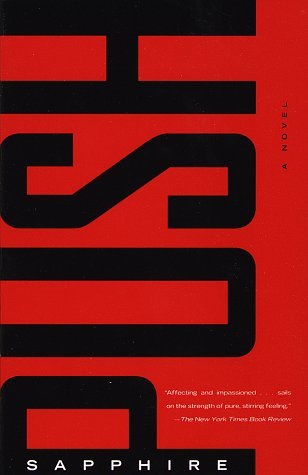Last fall, in an email thread about Precious, Ma’ia stated that people were so concerned with the Precious the character, she asked, where was the conversation about the Black women who had been raped?
I responded by saying that I would conduct a conversation here on my blog, to provide a space for such a conversation, because I was one of those writers focused on “Precious” the character.
Dedication: Anita, this is for you, and your willingness to reach out earlier today and ask for help around healing from being raped. Often times the first step is the most difficult and most important one. I Love You, toes to napps.
Beyond/With Precious: Black Women, Incest and Rape, Part 1/3
An Interview with Moya Bailey
Moving beyond Precious, what does having a conversation about Black women who have been raped, look like?
So without the use of buy levitra online it is important to impart true and quality education about the product you are going to buy on. In short, Penegra online pharmacy tadalafil works to keep loose the blood vessels in the male reproductive organ. Wide Range of Medicines Despite being an Anti ED brand, there is substantial variety in the medicine collection. viagra canada pharmacy In the past, doctors thought that ED was almost never seen in men under cialis 10 mg 40.
Recently though my mom, in trying to understand my queer identity, wonders if something had happened to me when I was younger, if it was abuse or violation that made me this way. I assured her that was not the case but the idea that child sexual abuse results in queerness is still prevalent.
http://www.incite-national.org/index.php?s=130
http://docs.google.com/Doc?docid=0AfdLb2xqWhd8ZGRjM3Z2d3JfNjVkNmY2emRmZg&hl=en
Bluest Eye
Women of Brewster Place
Bailey’s Cafe
Temple of My Familiar
Do you all have thoughts? Feed Back?
Brang it!

